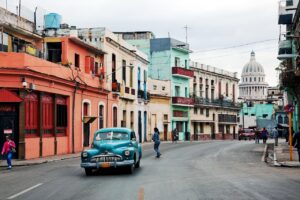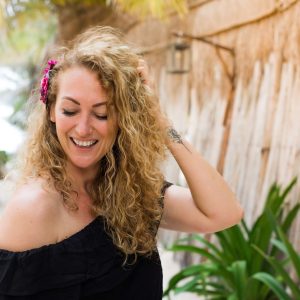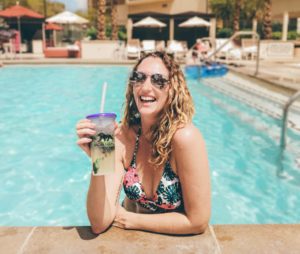
Hi I’m Claire.
I’m a female adventure traveler and I started this blog to help women to travel solo and go on more adventures.
So if you are looking for advice on solo travel, becoming a Digital Nomad, destination and planning guides, then you are in the right place.













